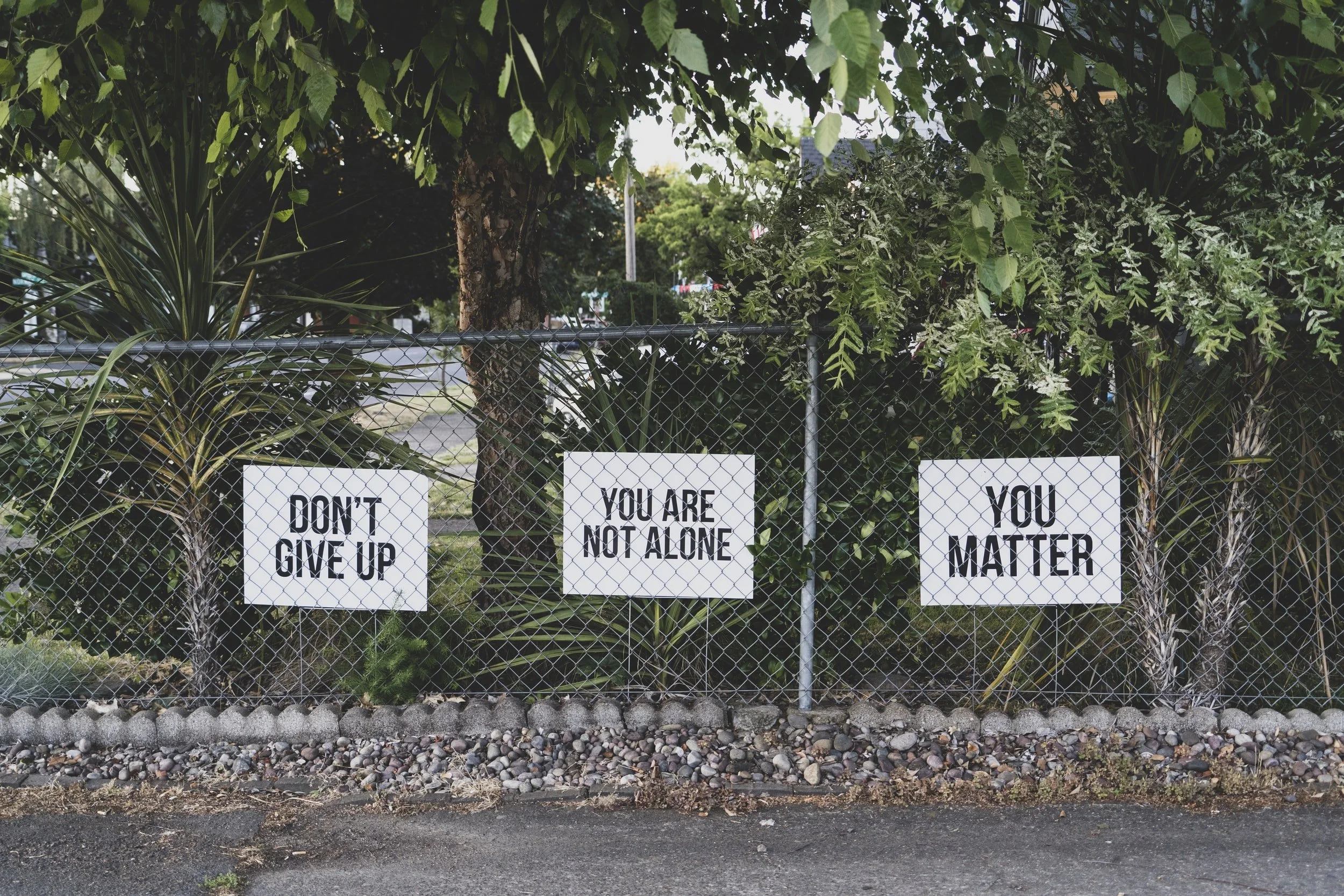Empathy not Sympathy
We suffer painful experiences, such as bereavement or loss, as human beings. They happen and when they do, they are difficult and tough.
At these times, we need the compassion and care of others to help us through. The traditional approach is to offer ‘deepest sympathy’ to someone.
“With deepest sympathy for your loss”
But in times of grief, anguish, upset, stress, I would argue that what we need isn’t sympathy, but empathy.
Empathy is about entering into the experience of another person. It doesn’t assume or even try and imagine from it’s own perspective how the other person is feeling, but listens with curiosity about what is being experienced, drawing in its mind a map of the other person’s inner world. It appreciates that the lived experience of the other person may be different to their own, and it’s open and willing to hear that.
Empathy doesn’t stop painful and difficult emotions being expressed, instead it provides a space where those feelings can be heard, validated and held.
At it’s very best, empathy sits with and feels the other person’s pain with them, not trying to solve, fix or change it., but simply accept it.
This can be uncomfortable for those of us who have made a lifetimes habit of avoiding our own pain. Many of us have become hard wired to rush on, brush over or avoid feeling uncomfortable emotions ourselves. To enter into our pain is a challenge, let alone someone else’s.
But true empathy is what helps people reconcile, accept and make sense of their pain.
It’s rare to experience true empathy. And to provide it for others is something we have to grow into.
Emotionally available people have become skilled at showing empathy. Not that it’s an overly technical thing, but more that it takes some work to become more able to sit with uncomfortable emotions. I believe it requires us to be certain things;
present, curious, accepting, honouring, open minded and compassionate.
We might all benefit from being these things to ourselves as a starting point. Once we can be this with ourselves, our capacity to be that to others will grow.
This blog is by Ben Harper. You can continue the conversation with him on Twitter @wellbeingteach

